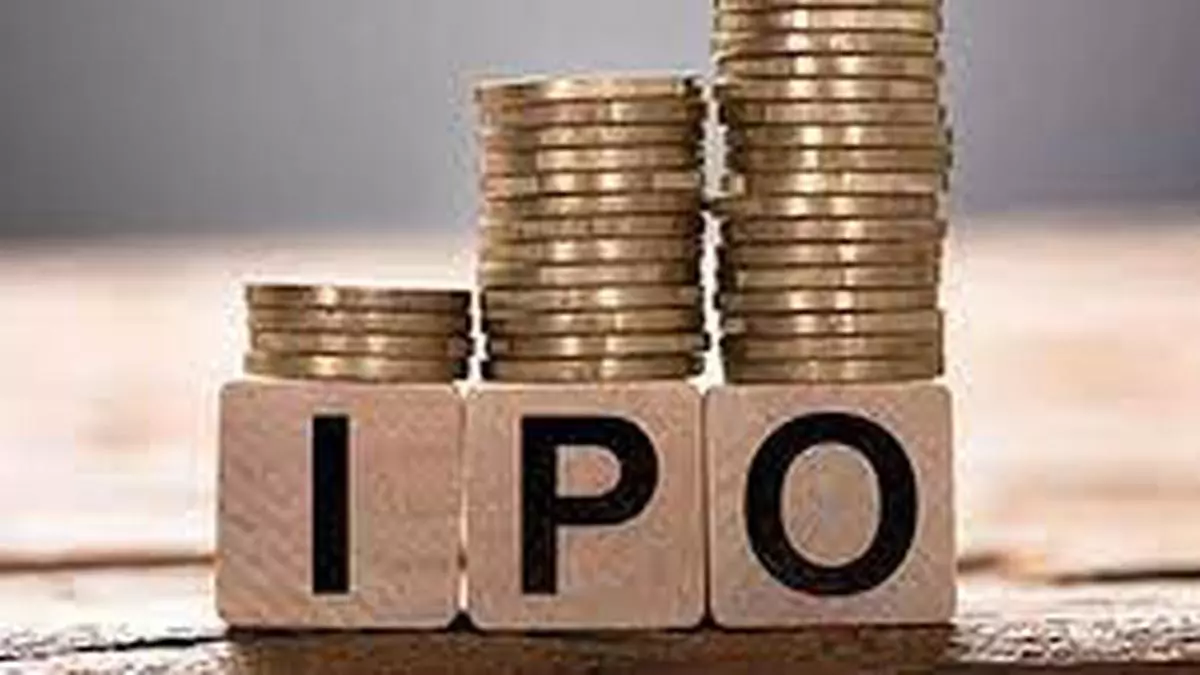IPO screener: Retail investors queue up for BLS E-Services
The initial public offering of BLS E-Services received an overwhelming response from retail investors and high net worth individuals, with the offer getting subscribed 15.67 times on Day 1. The IPO has a price range of ₹129-135 per share and the market lot is 108 shares.
The issue received bids for 21.41 crore shares, against 1,37,02,904 shares on offer (net off anchor investor portion). The quota for retail investors was subscribed 49.40 times, while the category for non-institutional investors was bid 29.70 times. The portion for Qualified Institutional Buyers was also subscribed 2.19 times.
The company has reserved 23 lakh shares for existing shareholders of BLS International, who will get a discount of ₹7 to the final issue price. The portion was subscribed 2.80 times.
Up to 75 per cent of the net issue is reserved for qualified institutional investors, 15 per cent for non-institutional investors and the remaining 10 per cent for retail investors.
As part of the IPO exercise, BLS E-Services has raised ₹126 crore from anchor investors by allotting 93.27 lakh shares to 10 funds at ₹135 apiece. The marquee investors include Sixteenth Street Asian Gems Fund, Saint Capital Fund, Silver Stride India Global Fund, Aries Opportunities Fund and Aidos India Fund.
The company proposes to utilise the proceeds from the fresh issue to strengthen its technology infrastructure to develop new capabilities and consolidate its existing platforms, among others. The money will also be used to fund initiatives for organic growth by setting up BLS Stores, achieving inorganic growth through acquisitions, and for general corporate purposes.
BLS E-Services is a technology-enabled digital service provider, providing Business Correspondents services to major banks in India, Assisted E-services, and E-Governance Services at the grassroots level in India.
Through their network, the company provides access points for delivery of essential public utility services, social welfare schemes, healthcare, financial, educational, agricultural and banking services for governments (G2C) and businesses (B2B) alike, in addition to a host of B2C services for citizens in urban, semi-urban, rural and remote areas.
